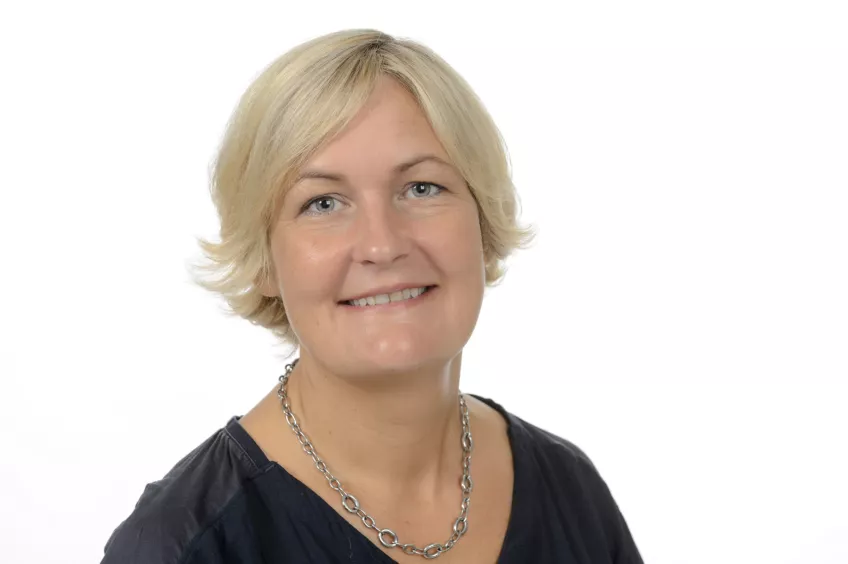Developmental and Regenerative Neurobiology
Our research
My group works with translational stem cell biology. The focus of my research is to understand cell fate specification in the developing brain and in human neural progenitor cells, using cell-based models of neuronal differentiation. Our current focus is to learn how to direct and efficiently drive controlled differentiation of human stem cells into subtype-specific neurons.
We also develop technologies for direct conversion of human fibroblasts into functional and subtype-specific neurons in vitro, and the conversion of endogenous glia into neurons in vivo. The ultimate aim is to develop these cells and technologies for use in brain repair, with a focus on Parkinson’s disease.
Aims
- Develop a stem cell-based therapy for Parkinson’s Disease.
- Use reprogramming to repair the brain.
- Patient-specific treatments in Parkinson’s Disease.
- Use cellular models to better understand and diagnose neurodegenerative diseases.
Impact
My vision is to create new, innovative, and evidence-based strategies for improved and novel treatments, disease-modifying therapies, and eventually cures for neurodegenerative diseases. The true opportunity of this work lies in the potential to deliver patient-specific treatments as well as curative stem cell-based therapies to patients globally.
How our research contributes to the goals of MultiPark
MultiPark’s vision is to create innovative approaches for the understanding, diagnosis, treatment, and eventually cures for neurodegenerative diseases. My work focus on cell repair and cell models which is central to these aims both for developing new therapies and for understanding and diagnosis disease. Our research addresses the aim of MultiPark's working group 2.
Research Team & Publications
Read about publications and research team members of the Developmental and Regenerative Neurobiology in the LU Research Portal.
Outreach
A selection of outreach in English, for a more complete list visit https://www.regenerative-neurobiology.lu.se/media-coverage
2019
Watch the video where Malin Parmar explains how Salamanders gives hope for new treatment of Parkinson's
www.youtube.com/watch?v=XnF1-4E3e6c&t=8s
Watch the lecture where Malin Parmar tells about the long history of transplantation trials in Lund and how they have been able to differentiate stem cells into specific dopaminergic cells in vitro.
https://www.youtube.com/watch?v=STuzZSxXv-I
Read about “How stem cells can help repair the brain” in Medical News Today
https://www.medicalnewstoday.com/articles/324472
2018
Watch an interview where Malin Parmar shares her insights and perspectives on gender equality during her research career.
https://www.youtube.com/watch?v=Up8k37w9oPo
2017
Malin tells about the process of transforming her research into the webcomics “A cell’s life”.
https://www.youtube.com/watch?v=LydRo3wluyQ
Enjoy the comics, based on Malin Parmars research, about how a skin cell can be turned into a neuron. https://erccomics.com/comics/a-cells-life;
Malin Parmar's research group was involved in the creation of the "The invisible body" exhibition at the Sven-Harry's art museum in Stockholm.
https://www.sven-harrys.se/en/utforska/konsthallen/den-osynliga-kroppen/den-osynliga-kroppen
2016
Listen to when Malin Parmar talks about her research in BBC sounds https://www.bbc.co.uk/programmes/p047sw63,
2014
Listen to a podcast where Malin Parmar talks about her study published in Cell Stem Cell.
https://stemcellpodcast.com/ep32-parkinsons-cell-therapy-featuring-dr-malin-parmar
2013
Read about Malin Parmar’s research on “Making new neurons in a living brain” in National Geographic
https://www.nationalgeographic.com/science/article/making-new-neurons-in-a-living-brain
Watch a video where Malin Parmar explains how in vivo reprogramming may be a novel route to brain repair.
https://www.youtube.com/watch?v=LVQWjAwP9HY
2011
Listen to Malin Parmar talking about when she converted skin cells directly into neurons.
Malin Parmar
Professor
malin [dot] parmar [at] med [dot] lu [dot] se (malin[dot]parmar[at]med[dot]lu[dot]se)
Link to Malin Parmar's profile in the LU Research Portal
Twitter: @ParmarLab


